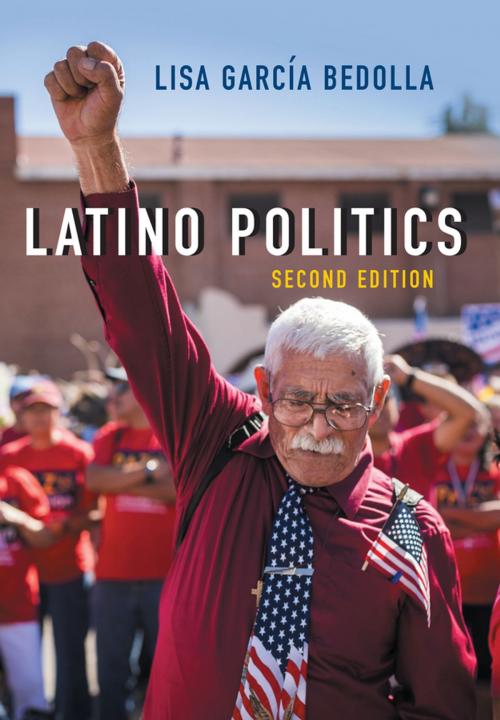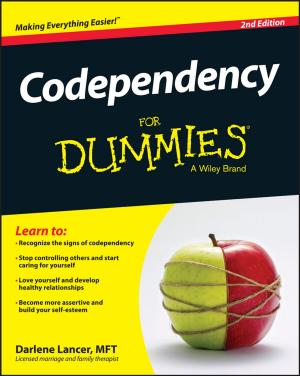Latino Politics
Nonfiction, Social & Cultural Studies, Social Science, Cultural Studies, Ethnic Studies| Author: | Lisa Garcia Bedolla | ISBN: | 9780745686424 |
| Publisher: | Wiley | Publication: | May 19, 2015 |
| Imprint: | Polity | Language: | English |
| Author: | Lisa Garcia Bedolla |
| ISBN: | 9780745686424 |
| Publisher: | Wiley |
| Publication: | May 19, 2015 |
| Imprint: | Polity |
| Language: | English |
Fully revised and updated, the second edition of this popular text provides students with a comprehensive introduction to Latino participation in US politics. Focusing on six Latino groups - Mexicans, Puerto Ricans, Cubans, Dominicans, Salvadorans, and Guatemalans - the book explores the migration history of each group and shows how that experience has been affected by US foreign policy and economic interests in each country of origin. The political status of Latinos on arrival in the United States, including their civil rights, employment opportunities, and political incorporation, is then examined. Finally, the analysis follows each group’s history of collective mobilization and political activity, drawing out the varied ways they have engaged in the US political system.
Using the tension between individual agency and structural constraints as its central organizing theme, the discussion situates Latino migrants, and their children, within larger macro economic and geo-political structures that influence their decisions to migrate and their ability to adapt socially, economically, and politically to their new country. It also demonstrates how Latinos continually have shown that through political action they can significantly improve their channels of opportunity. Thus, the book encourages students to think critically about what it means to be a racialized minority group within a majoritarian US political system, and how that position structures Latinos’ ability to achieve their social, economic, and political goals.
Fully revised and updated, the second edition of this popular text provides students with a comprehensive introduction to Latino participation in US politics. Focusing on six Latino groups - Mexicans, Puerto Ricans, Cubans, Dominicans, Salvadorans, and Guatemalans - the book explores the migration history of each group and shows how that experience has been affected by US foreign policy and economic interests in each country of origin. The political status of Latinos on arrival in the United States, including their civil rights, employment opportunities, and political incorporation, is then examined. Finally, the analysis follows each group’s history of collective mobilization and political activity, drawing out the varied ways they have engaged in the US political system.
Using the tension between individual agency and structural constraints as its central organizing theme, the discussion situates Latino migrants, and their children, within larger macro economic and geo-political structures that influence their decisions to migrate and their ability to adapt socially, economically, and politically to their new country. It also demonstrates how Latinos continually have shown that through political action they can significantly improve their channels of opportunity. Thus, the book encourages students to think critically about what it means to be a racialized minority group within a majoritarian US political system, and how that position structures Latinos’ ability to achieve their social, economic, and political goals.















